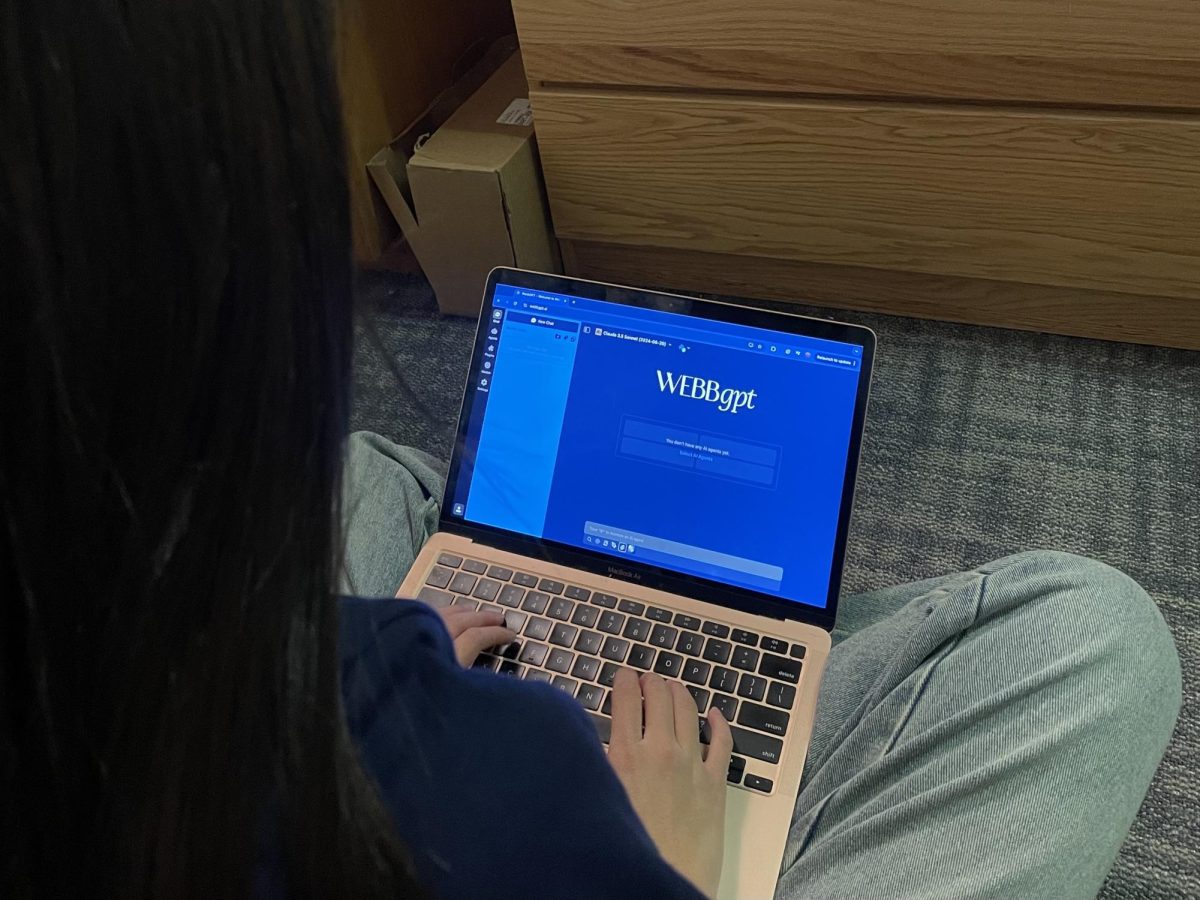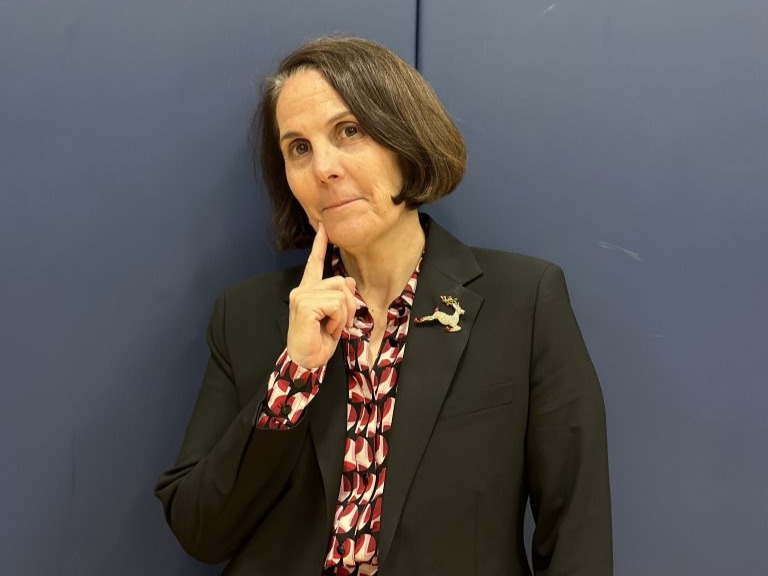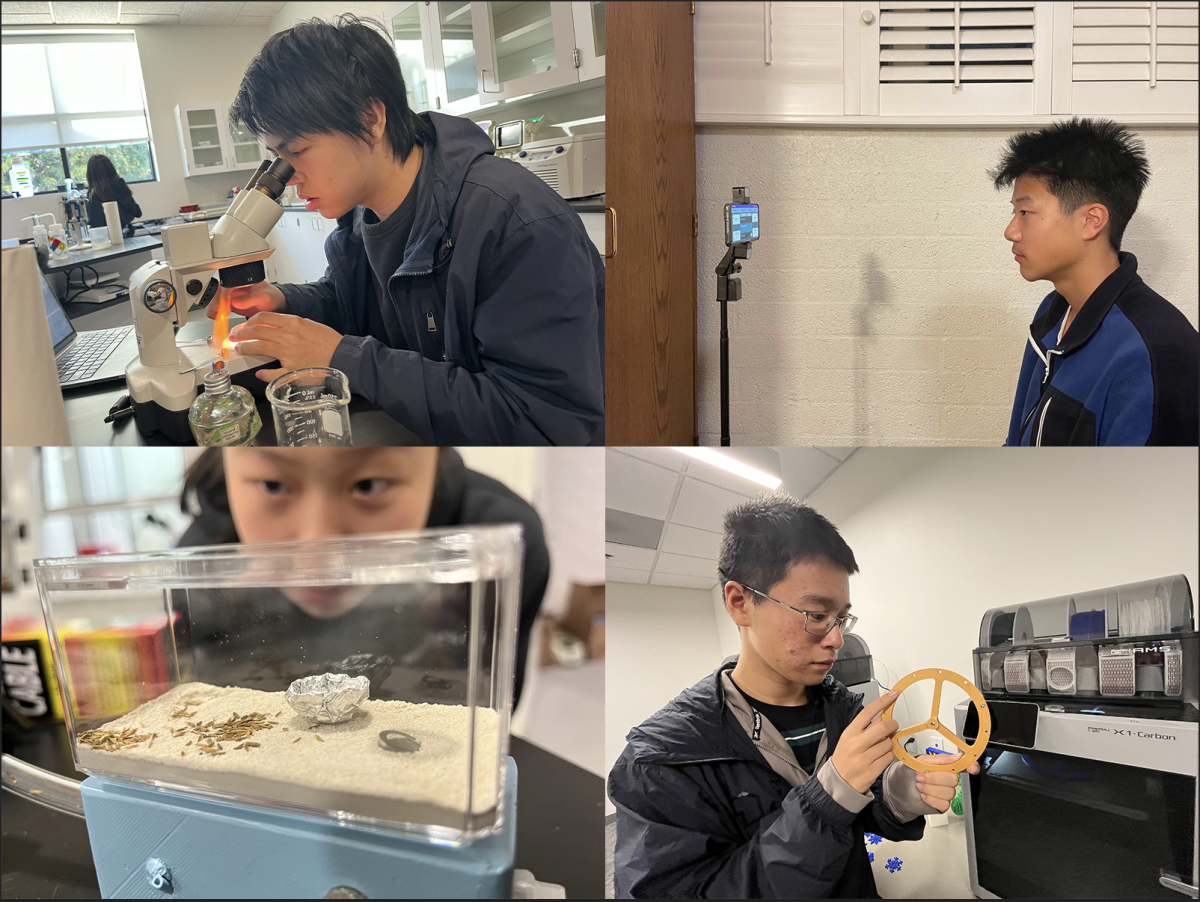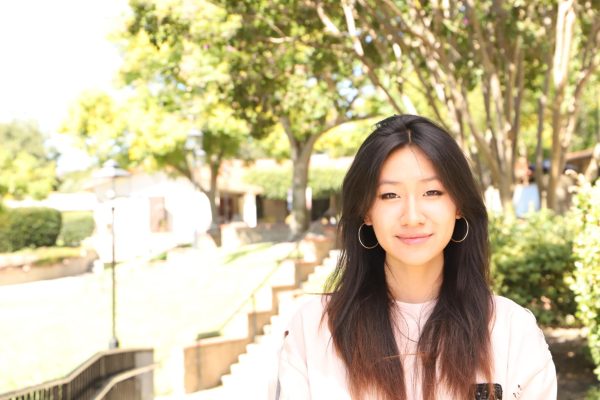In the 2023-24 school year a long-anticipated WebbGPT, a customized version of ChatGPT was introduced to the community, embracing the impacts of generative AI in the field of education. Promising the ability to use AI as an educational assistance tool in aiding students with assignments and possible questions when unable to reach teachers, this new program quickly captured the attention of the Webb community. The tool would be trained based off instructions from Webb-specific courses, the student handbook. More than 50 students volunteered as a part of the development team under Abhishek Mantha’s (‘14) assistance along with promotion of this new software during various class meetings and WebbGPT-specific information sessions.
However, as the new school year began, WebbGPT has not made a prominent appearance, gradually fading out of the community’s major focuses and innovations. So, what exactly happened to this promised resource?
WebbGPT has only been made available to the Tech and Innovation students this year.
“A soft launch was presented to Tech and Innovation students, allowing 25 students in the class to be able to access the tool,” said Michael Hoe, Assistant Head of The Webb Schools.
“When WebbGPT was released, I was attracted by its elegant design,” says Eric Bi (‘25), a Tech and Innovation student. “However, the model itself seems to be like an empty shell.”
The expected programming was not based on Webb-specific content but rather trained to produce results stemming from real-time googling. Eric created his own version of WebbGPT that modeled how the plan for WebbGPT would look like.
However, similar to WebbGPT, Eric’s version could not be accessed by all students due to the complicated process.
“Last year, in the spring, we were just trying to figure out what AI is at Webb,” said Mr. Hoe. “Now we have this tool that checks a lot of boxes. The next phase is to roll it out to everybody.”
However, the rollout was postponed due to both technological and conceptual reasons regarding restrictions of AI in the academic environment.
As technology became an irreplaceable part of modern life, it inevitably extended its market towards the educational environments. On November 30th, 2022, a generative AI program called ChatGPT was announced by OpenAI, an AI research company. ChatGPT attracted a lot of enthusiasm with its advanced AI software able to produce responses based off prompts and questions entered. An accessible and low effort resource to use, this tool quickly spread among students. While it allowed students to gain assistance from this, it also blurred the boundary of complete dependence on ChatGPT, removing the value in education.
Teachers are exploring how to integrate generative AI into their classes while balancing the need for student integrity, seen in the Webb community as well.
“I want students to do their own thinking,” Mr. Hoe said.
Similarly, in the student perspective, many believe that AI can be a helpful tool at times.
“I have had experience with ChatGPT outside of an educational purpose and it provided me with useful suggestions,” Bob Zhao (‘27) said. “However, I have not used it for any assignments in fear of crossing a boundary on accident.”
As Webb constructed policies prohibiting the use of AI in fear of its detrimental effects, it also hindered the possible growth and learning that may have prospered under the help of generative AI. When WebbGPT was first introduced, its purpose was to maintain the beneficial aspects of ChatGPT and similar programs while making sure they align with Webb values, even providing possible Webb-specific guidance. This would include answering student questions regarding the student handbook, values and expectations, and even tell us the lunch menu or weekend plans at Webb.
Additionally, WebbGPT also had potential in the classroom.
“There is a feature called agents; what I’m wanting to do with WebbGPT is train it on a set of data specific to each class accessible in the agents tab so students can use it as a resource,” said Stephen Hebert, the humanities chair at Webb and participant of WebbGPT meetings and development conferences.
There are plans to expand its use to other areas, possibly including the journalism program as well. Another example, as Mr. Hebert noted, WebbGPT would be trained on data about the scholars, historians, and political theorists taught in class that would allow students to be in conversation with these historical figures via WebbGPT in Advanced Studies Fascism. These examples of AI were few of many that resulted in its use by students last school year.
While exploring these possibilities, the departure of a key figure in WebbGPT’s development last year — Mr. Mantha — significantly slowed the project. This leadership shift caused the tool and development to lose momentum.
Although WebbGPT’s completion has been delayed, it remains an important project for Webb’s future. The school is gathering feedback from its initial use while faculty continue to consider how to expand its application responsibly.
“These tools will continue to change and update and, in some ways, that’s exciting, because it’s always going to be under development,” Mr. Hoe said.
WebbGPT looks towards prominent developments in the future for Webb.





![All members of the Webb Robotics Winter season teams taking a group photo. Of note is Team 359, pictured in the middle row. “It was super exciting to get the win and have the chance to go to regionals [robotics competition]” Max Lan (‘25) said. From left to right: Max Lan (‘25), Jerry Hu (‘26), David Lui (‘25), Jake Hui (’25), Boyang Li (‘25), bottom Jonathan Li (’25), Tyler Liu (‘25)](https://webbcanyonchronicle.com/wp-content/uploads/2025/03/Screenshot-2025-03-10-at-2.41.38 PM.png)










